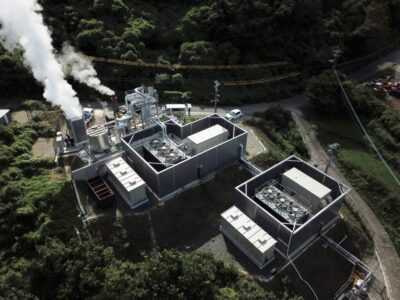Effect of feed-in-tariffs on consumer prices discussed in Japan
Too much focus on solar power and too little on geothermal or other renewables is having an impact on the final consumer. Time for some readjustment?
In Japan there is a feed-in-tariff in place in order to foster the investment and development of renewable energy sources. The energy generated by these sources is bought at a specific rate by national power utilities set by the government. The issue at hand is that this is having an impact on consumer prices.
Back on 2012 when the initiative was launched, a high price was set for solar power and since then, this energy source has flourished but not threatens to be a heavy burden to the consumer. It is worth mentioning that the vast majority of new renewable power installed since then in Japan is solar. Hydro or Geothermal have seen very modest increases.
According to The Japan News: “Facilities generating power from sunlight account for more than 90 percent of the renewable power-generating facilities certified by the government. Should all these facilities go into operation, their power-generating capacity would reach about 82,000 megawatts. This would surpass by about 30 percent the amount envisaged by the government as the ideal proportion of solar power among the overall mix of power sources for fiscal 2030.”
A little less focus should be done on solar and more efforts should be redirected towards new geothermal power development.
Source: The Japan News


















